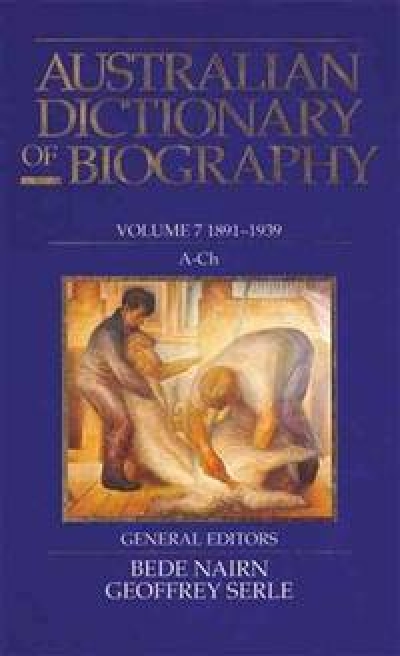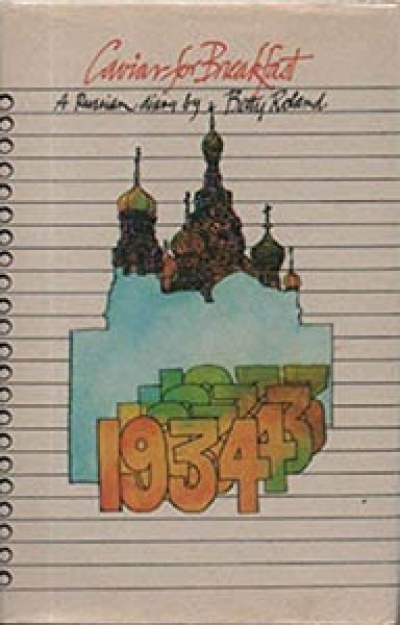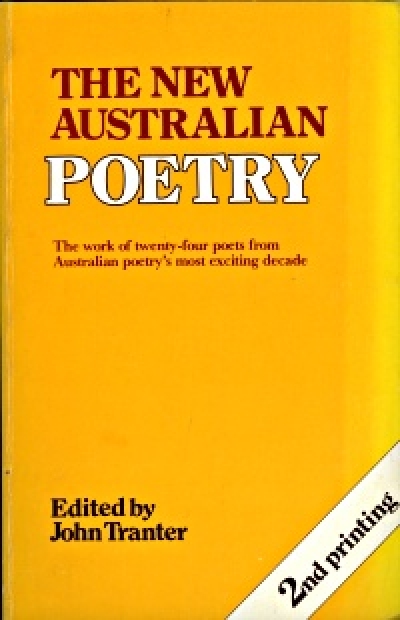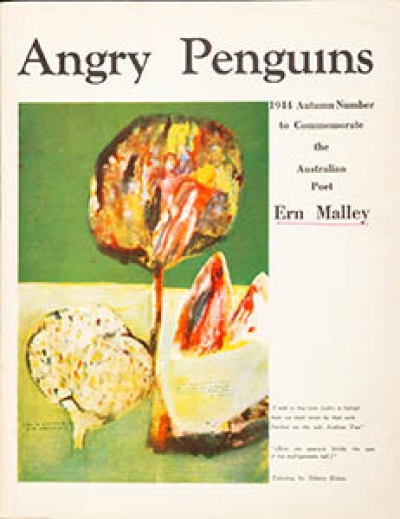Archive
The Australian Dictionary of Biography Vol 7 1891–1939, A–Ch edited by Bede Nairn and Geoffrey Serle
The Deadly Element: The Men and Women behind the Story of Uranium by Lennard Bickel
Dear Sir,
I have not so far seen a review of what I take to be a new series of Australian poets of whom only Henry Kendall and Adam Lindsay Gordon have yet appeared. The publisher (Australian Heritage Books, Brisbane) is aiming to produce a cheap paperback, retailing at $2.
... (read more)It may seem callous at a time when so much human life is being wasted to spare any concern for the destruction and dissipation of the archaeological collection in the National Museum at Kabul. Yet the loss in both cases is irreplaceable, and it may even be that the loss of the artefacts is, in the long run, qualitatively more important than the loss of individual human lives.
... (read more)Angry Penguins edited by Max Harris and John Reed & Poetic Gems by Max Harris
‘Go, little book,’ or the book as emissary, is not the simple matter that it once was.
Australian books and their authors now go to most European and Asian countries on diplomatic duties.
The purpose is neither to broaden the writers’ lives nor to sell books abroad, but to supplement the Government’s other diplomatic initiatives.
... (read more)





